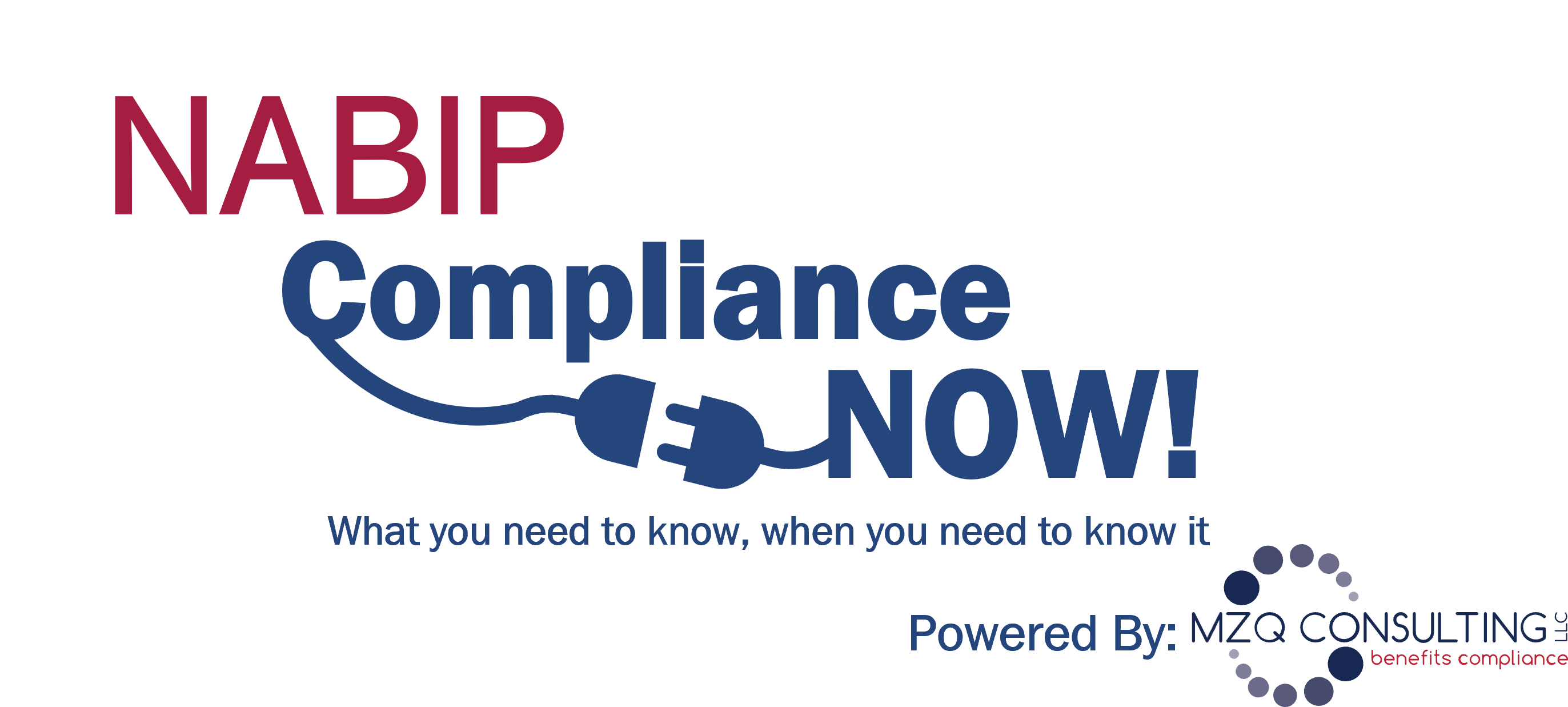By: Jessica Waltman, Principal, Forward Health Consulting
The Centers for Medicare and Medicaid Services recently opened the much-anticipated federal Independent Dispute Resolution (IDR) Portal, a component of the No Surprises Act section of the Consolidated Appropriations Act of 2021 (the Act). The opening of the portal and newly released guidance are part of the implementation of the balance billing protections contained in the Act. For plan years beginning January 1, 2022, and any date thereafter, the Act prohibits health care providers from charging “out-of-network” rates for emergency care, air ambulance services, and all care from an “out-of-network” provider at an “in-network” facility. Per the Act, the IDR portal is available to facilitate the resolution of disputes between providers and health plans over claims costs for those “out-of-network” services when the parties cannot otherwise come to an agreement on payment details.
To support the IDR process, several federal departments jointly released; (1) guidance for IDR entities, those entities that are approved to mediate these billing disputes, (2) updated guidance for health plans and providers who might engage in the IDR process, and (3) FAQs for healthcare providers.
The updated IDR guidance accounts for the late-February 2022 federal court ruling that IDR entities should not rely predominantly on the plan’s qualifying payment amount (QPA), meaning the median rate for a particular “in-network” service, when resolving disputes. These amounts are one of the components that health plans are required to submit when engaging in the IDR process. With the exception of air ambulance services, the revised guidance now reflects that the QPA should be considered equally alongside other creditable information in the IDR’s determination process. Notably, the guidance indicates that IDR entities should continue to rely on QPAs when resolving disputes regarding air ambulance services unless compelling evidence is presented to justify a different approach.
As these updates underscore, the IDR process continues to evolve. We will continue to monitor developments and provide relevant updates.
